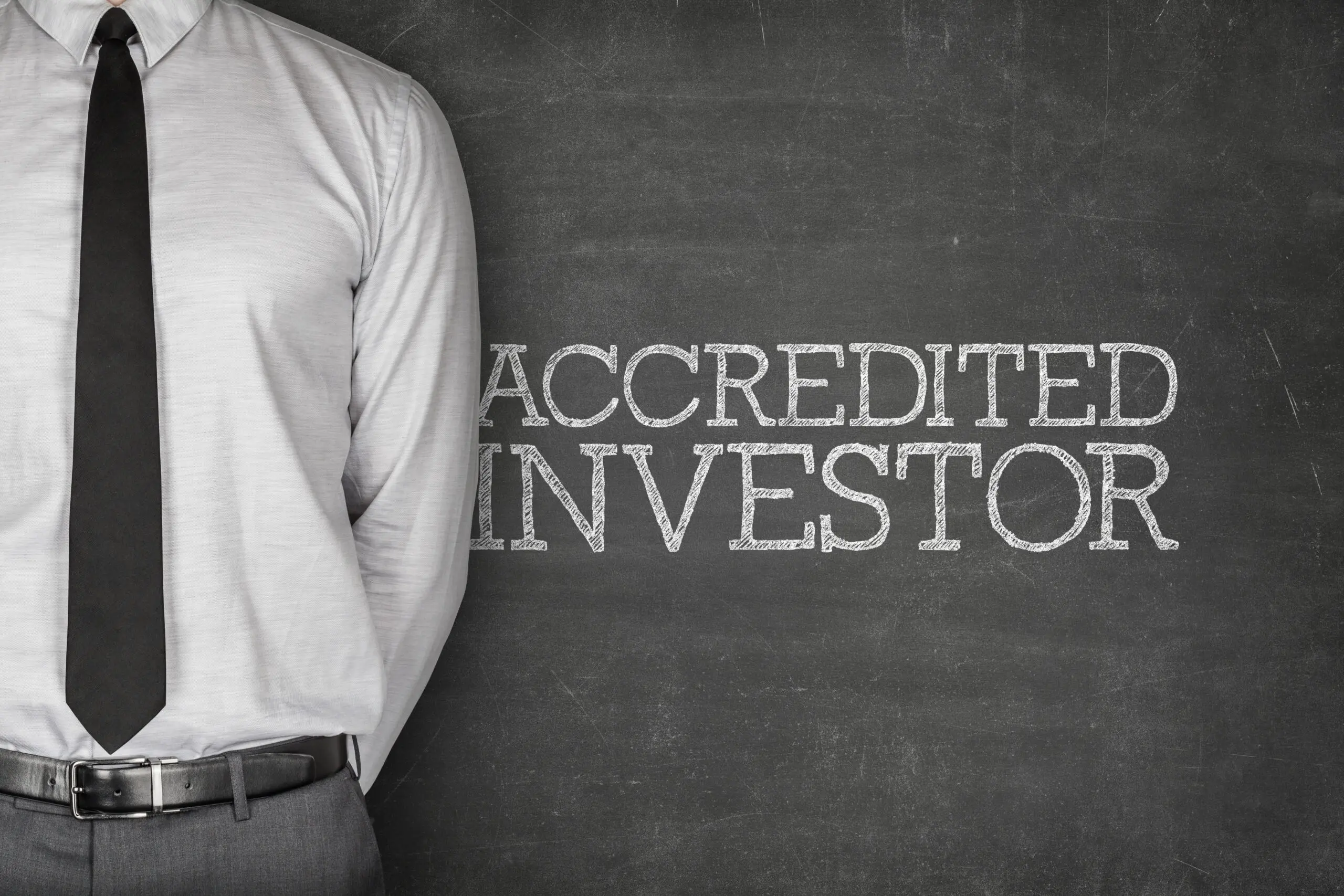Understanding the World of Accredited Investors
Introduction
In the financial sector, the term “accredited investor” has been a cornerstone since its inception in the 1930s. Defined by the Securities and Exchange Commission (SEC), an accredited investor meets specific financial criteria, thereby gaining the right to participate in private investment opportunities. This prestigious status is not just a regulatory designation; it also signifies a higher level of financial insight and risk-taking ability.
Who is an Accredited Investor?
Firstly, the range of accredited investors extends beyond individual investors; it includes institutions, trusts, or partnerships. To be recognized as an accredited individual investor by the SEC, one must either have a net worth of at least $1 million, excluding the value of the primary residence, or maintain an annual income of $200,000 (or $400,000 for married couples).
Moreover, certain professional positions automatically grant accredited status. This includes directors, executive officers, or general partners of the issuing company, as well as registered broker-dealers and investment advisors. This broad definition incorporates various key players in the investment field.
The Significance of Accredited Investor Status
Transitioning to the importance of this status, there are several key reasons why being an accredited investor is beneficial:
1. Exclusive Investment Access: Notably, accredited investors enjoy the privilege of accessing private investment deals, such as in venture capital, multi-family real estate, and private equity. These are opportunities typically out of reach for the general public, often offering higher returns and unique investment options.
2. Presumed Financial Sophistication: Furthermore, the SEC assumes that accredited investors possess a superior degree of financial knowledge and resources. This assumption allows these investors to engage in higher-risk investments with a more informed understanding of potential losses and strategies for recovery.
3. Opportunities for Risk Mitigation and Portfolio Diversification: With the advantage of access, accredited investors can significantly diversify their investment portfolios, exploring options with potentially higher returns, lower fees, and less exposure to standard market fluctuations.
The Responsibilities of an Accredited Investor
Conversely, with great benefits come significant responsibilities. Accredited investors are expected to conduct thorough risk assessments and due diligence before committing to any investment. Collaborating with reputable investment firms, especially in specialized sectors like multi-family real estate, can offer valuable insights and support in this complex process.
Conclusion
In summary, the status of an accredited investor opens up a realm of sophisticated and potentially rewarding investment opportunities. It is a testament to not only financial strength but also a presumed level of financial acumen. As with any investment avenue, it is imperative to approach these opportunities with caution and informed decision-making.
Those interested in delving into investments as an accredited investor, particularly using retirement funds, should consider professional advice. Services like those provided by uDirect IRA Services, reachable at info@uDirectIRA.com, can guide investors through this unique investment landscape.
—
Disclaimer: uDirect IRA Services is not a fiduciary and we do not provide financial advice. This article is intended for informational purposes only and is not to be taken as investment advice. Investors are encouraged to conduct their own research or consult with a financial advisor before making any investment decisions.

